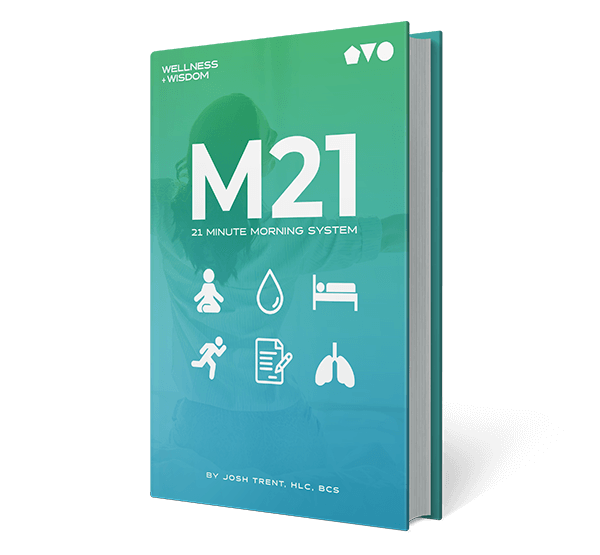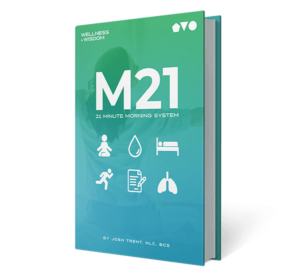 In today’s fast-paced and digitally-driven world, the appeal of online education has significantly permeated the healthcare sector. Professionals seeking to enter or advance in this field are increasingly turning to online degrees as a viable path. This trend reflects broader changes in both educational paradigms and healthcare needs, emphasizing flexibility, accessibility, and the integration of modern technology in learning.
In today’s fast-paced and digitally-driven world, the appeal of online education has significantly permeated the healthcare sector. Professionals seeking to enter or advance in this field are increasingly turning to online degrees as a viable path. This trend reflects broader changes in both educational paradigms and healthcare needs, emphasizing flexibility, accessibility, and the integration of modern technology in learning.
Table of Contents
Benefits of Online Healthcare Degrees
Online education offers several distinct advantages that align well with the professional and personal demands of aspiring healthcare workers.
Flexibility and Convenience
The primary allure of online degrees lies in their flexibility. Healthcare professionals often work irregular hours or have commitments that challenge traditional campus attendance. Online programs allow them to study at times that suit their schedules, whether late at night, between shifts, or on weekends. This flexibility enables continuous professional development without sacrificing work responsibilities or personal time.
Broad Range of Specializations
Online platforms provide access to various specialized programs that might not be available locally. Students can pursue degrees in niche areas of healthcare, such as health informatics, telemedicine, or public health policy, which are increasingly relevant in today’s tech-driven medical environments. This access not only supports career differentiation but also enhances the adaptability of healthcare professionals to emerging trends and technologies.
Cost-Effectiveness
Generally, online programs are more cost-effective compared to traditional degrees. They often come with lower tuition fees, and students can save on commuting, housing, and other campus-related expenses. Financial accessibility makes these programs attractive, especially for individuals looking to manage their education expenses without accumulating significant debt.
Learning at Your Own Pace
The self-paced nature of most online courses allows learners to digest complex medical and healthcare information comfortably. This is particularly beneficial in healthcare, where understanding nuanced scientific concepts and procedures is crucial. Students can spend extra time on challenging subjects without pressure to keep up with a class, ensuring a deeper and more personalized learning experience.
Integration of Practical Experience
Despite being conducted remotely, many online healthcare programs incorporate practical experiences through simulations, virtual labs, and required clinical placements in local settings. These practical components are designed to meet the same rigorous standards expected of traditional, on-campus programs. They ensure that graduates are not only knowledgeable but also ready to apply their skills in real-world healthcare settings.
Region-Specific Relevance of Online Degrees
Online healthcare education provides global access to learning and allows for region-specific specialization that addresses local healthcare challenges.
Tailored Healthcare Learning Experiences
Many online programs offer curricula tailored to the healthcare needs and regulations of particular regions.
For instance, Texas online healthcare programs might focus on issues such as border health, rural medical service provision, or the management of chronic diseases prevalent in the state. Similarly, programs in Florida may emphasize geriatric care and tropical diseases, while those in California could be geared towards technology integration in healthcare and environmental health issues.
This localized approach ensures that healthcare professionals have relevant knowledge and skills directly applicable to their populations. For example, a program focusing on tropical medicine may be more relevant to practitioners in regions with such prevalent conditions.
Addressing Local Healthcare Disparities
Online education can play a pivotal role in addressing healthcare disparities by providing targeted training that meets the specific needs of underserved areas. By offering specialized knowledge and skills that cater to local diseases, healthcare systems, and patient populations, online degrees can help bridge the gap in healthcare provision and improve overall community health outcomes.
Overcoming Challenges and Misconceptions
While the benefits are compelling, some challenges and misconceptions persist regarding the validity and effectiveness of online healthcare degrees.
Ensuring Accreditation and Quality
The credibility of online degrees has historically been a concern. However, accredited online programs have undergone stringent evaluations by educational authorities to ensure they meet specific quality standards in education. Aspiring healthcare professionals are encouraged to verify the accreditation status of online programs to ensure their educational investments are recognized and respected in the healthcare community.
Addressing Skepticism Among Employers
Although there’s been significant progress in how online degrees are perceived, some skepticism remains among traditional employers. This perception is rapidly changing as more reputable institutions offer online degrees and graduates of online programs prove their competence in professional settings.
Conclusion
The educational landscape is seeing significant changes as more professionals opt to pursue healthcare degrees online. This mode of learning supports the evolving needs of the healthcare sector and its workforce, offering flexibility, a broad range of specializations, and cost-effective paths to career advancement. As technology advances and integrates into education, the effectiveness and acceptance of online degrees are only expected to increase, making them a compelling choice for many aspiring and current healthcare professionals.









